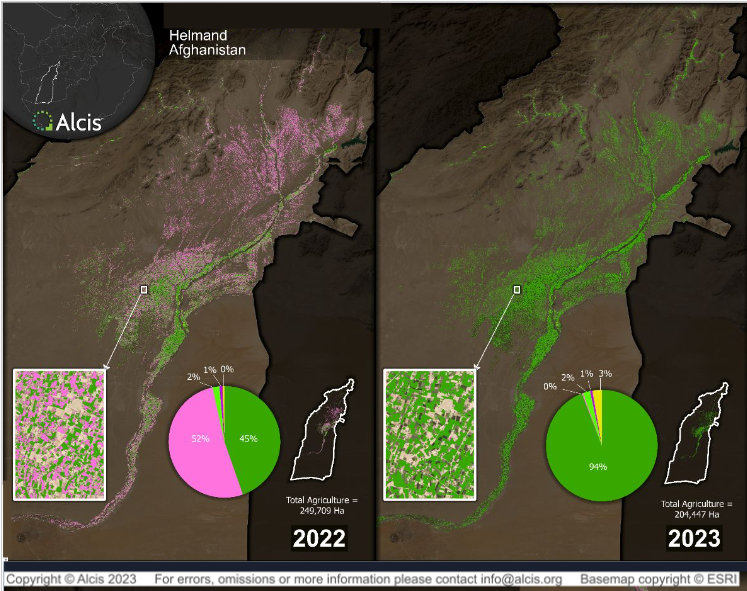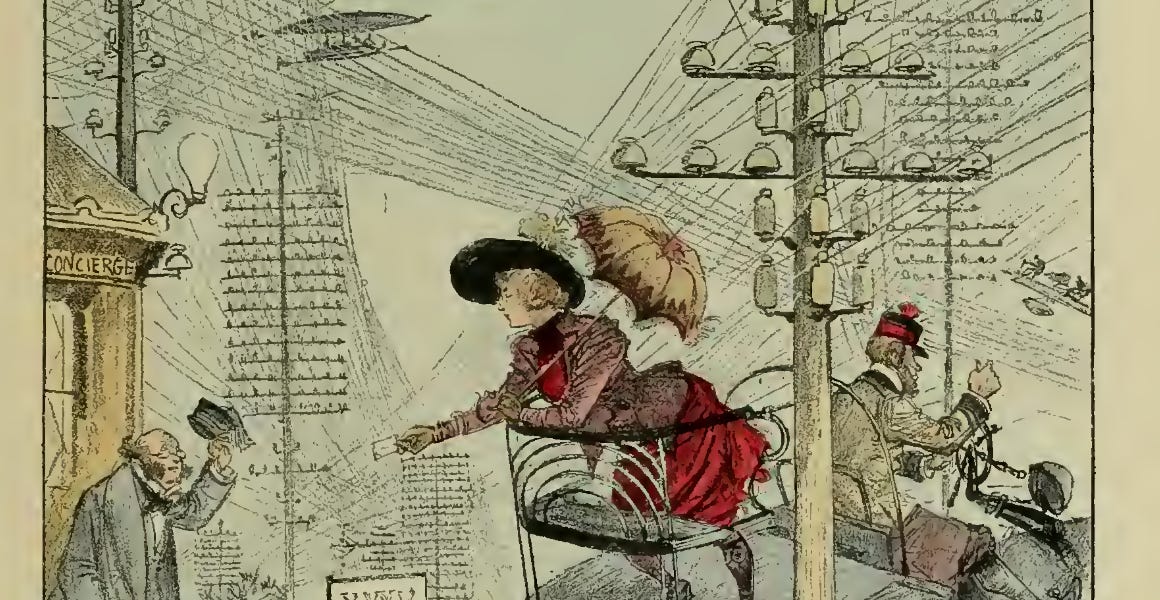
Unprecedented reduction of opium production
We have already reported that in Helmand Province poppy cultivation plummeted by a staggering 99%—from 129,000 hectares in 2022 to just 740 hectares in 2023 (se e below ).
In contras t Badakhshan experienced an increase from 13,803 hectares to 15,391 hectares, illustrating the challenges faced by the Taliban to eradicate and ban poppy growing in remote mountainous regions.
These new figures reveal an unprecedented reduction in the growing of opium poppy, in the country that supplies the vast majority of the world’s illegal heroin.
Behind the numbers are people. We must not ignore the impact the poppy ban has on Afghan farmers and their livelihoods. Enduring reductions in cultivation could lead to a growing economic crisis, political instability, and an outflow of migrants from rural Afghanistan to Europe.
Former UK Drug Tzar and UN official, Mike Trace said, “A sustained reduction in poppy cultivation on this scale will have significant long-term impacts on the patterns of heroin trafficking and organised crime around the world, and also on patterns of consumption and addiction in the UK.”















